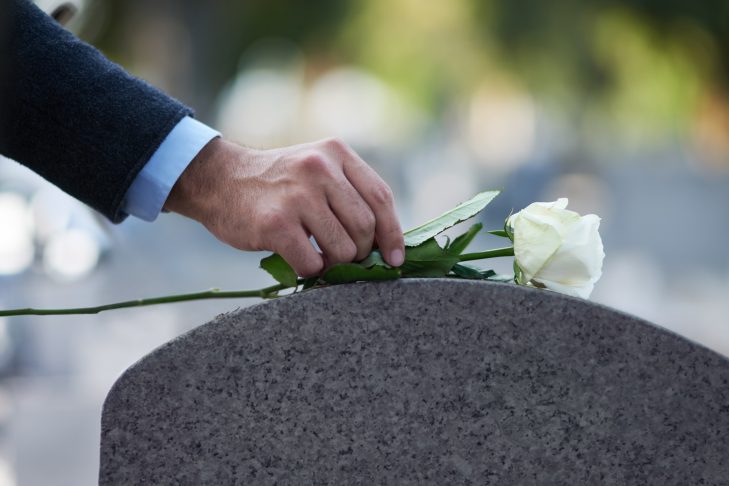Last week, I got an upsetting email from my son’s principal. His classmate’s mother had died. Social workers would be on hand to talk to the kids, and the class made cards for when her daughter would return to school.
I didn’t know this woman well; I’d noticed her headscarf at curriculum night in the fall and wondered if she’d been sick. But I knew her daughter, and I felt awful. Another classmate lost his dad the year before, and now, another death. Same grade.
My son didn’t ask me any questions about it, and I didn’t bring it up except to ask if his classmate was back in school, which she wasn’t. He told me that the school social workers told the kids to only bring up the girl’s mom if she talked about it first. A few kids wrote in their cards that they knew how she felt, because they’d lost a grandparent, and teachers told them to try a different message. It was very sad, but not quite the same.
Related
Direct grief will come to all of us, eventually. Right now, though, I feel like I’m in a whack-a-mole stage of life, where I see horrible things happening in my circle, to an old high-school friend, to a neighbor, to a classmate, on someone’s GoFundMe page from college. How do I react? What do I say, as a bystander?
Then I saw this list on my social media feed. I’m not sure where it comes from, but I think it’s blunt, useful and gets past the artificial language of diplomatic sympathy. No more “Let me know if you need help!” or “Thinking of you!” platitudes:
Instead of “Let me know if you need anything!” say, “I’ll be at your house at 1 p.m. for a walk.” A grieving person is tired, busy and maybe self-conscious, especially if they’re also managing children’s schedules and emotions. They have enough to do. Take on the work yourself. Make the effort. Reach out. The ball should be in your court, because you’re not the one who’s hurting.
Instead of “I’ll give her some space,” treat the grieving person the same as you always have. The last thing a grieving person needs is to feel isolated. He or she can always ask for space. But don’t assume. This is not the time to ghost on someone or on their children, even if you mean well. Only give someone “space” once you’ve asked if they need it. Make the playdates. Offer to do the carpool. Be there.
Instead of “Can I bring you dinner?” say exactly what you’re going to bring and when. Again, you don’t want to turn the grieving person into a meal-plan organizer. They have enough to manage, and they might not be eating well. Of course they want food. Bring it! If they don’t want something, they can let you know.
Instead of “You’re so strong; you’ll get through this!” acknowledge how incredibly hard things are. Telling someone how strong they are makes it seem as though they need to behave stoically. Why not give them space to fall apart? The situation is awful. Acknowledge that.
And, instead of not asking about the person who died, ask questions. Don’t skirt around the death. This makes it as though the person who died never existed. Don’t pretend that life has simply gone on because you don’t want to rock the boat. For your friend, your neighbor, your classmate…it hasn’t. Life is standing still right now. So let them talk.
The bottom line is to make the effort. Make the first move. Put yourself out there. Try, and then try harder. When someone’s hurting, it’s the least we can do.




